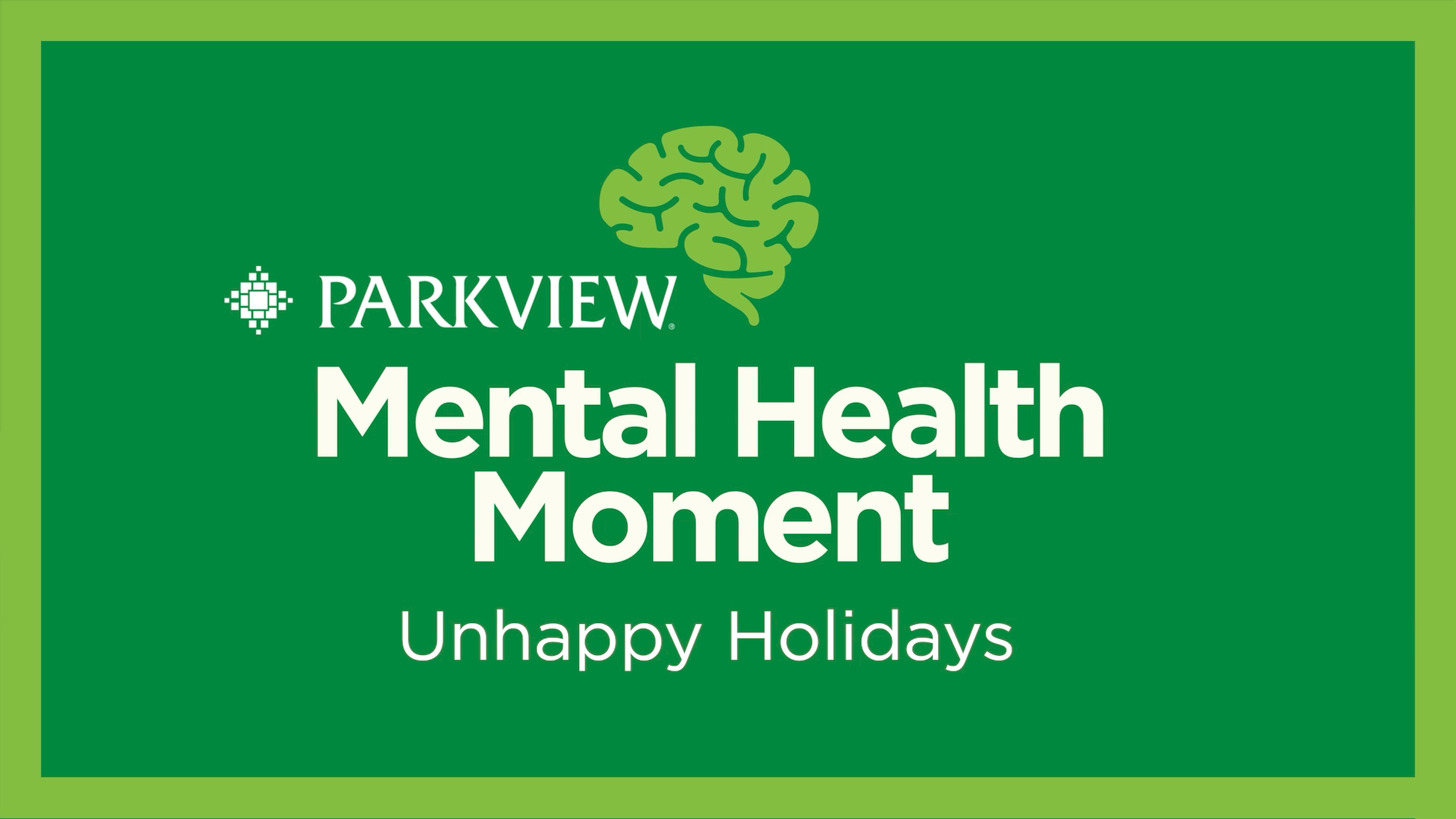Forgiveness has many definitions, but two of my favorites are:
“…a willingness to abandon one’s right to resentment, negative judgment, and indifferent behavior,” and “…a positive method of coping with a hurt or offense that primarily benefits the victim through reorientation of emotions, thoughts and/or actions toward the offender.”
Forgiveness has been studied quite extensively over the past two decades. Several of these studies have identified various benefits for those who experience forgiveness, including a decrease in anxiety, depression and anger as well as an increase in hope, self-esteem and spiritual wellbeing.
Research has also led to a greater understanding of the benefits of forgiveness to individuals who are able to forgive. Internal negative thoughts, behaviors and feelings have been found to decrease, while positive thoughts, behaviors and feelings will increase. When individuals were able to move from unforgiving thoughts to forgiving ones, they experienced an immediate lowering of physiological stress responses, including decreased blood pressure and heart rate.
Some of important considerations regarding forgiveness:
- Forgiveness is both a decision and a process. Forgiveness often takes much time and effort – it is a process; and yet there is a point and time in the process where we need to make a decision: Are we going to forgive this person, or not?
- Forgiveness is not dependent upon our feelings about the event or the offender. Our feelings are an important part of how we were created and we can’t ignore them. We also know that our feelings are, at times, unreliable and subject to change without notice. While we want to give our feelings attention and understand them, we don’t have to always act on them, or let them dictate our actions. Forgiveness is a choice of our will and sometimes it becomes necessary to make choices that don’t coincide with how we feel. We are not being dishonest; we are choosing to evaluate our feelings with our mind before we activate our will. This is the decisional part of the process of forgiveness.
- Forgiveness is not condoning or agreeing with what has been done to us. When we make a decision to forgive someone for hurting us, we are not minimizing or lessening the pain that the person caused. We are not thinking that it was “no big deal” or that they were justified in some way for hurting us. We are deciding to move beyond the hurt. Forgiveness is not forgetting the hurt, anger, or loss we may continue to experience. One of the hardest tasks of forgiveness is that we must forgive and remember.
- Forgiveness is putting an end to blaming the other person for our pain. When we are reminded of the hurt or loss we experienced from that person we can choose to not return to blaming. While we agree that the person has hurt us, we refuse to continue to blame him/her and we begin to take some responsibility for healing our own hurt. Forgiveness is facing the hurt and anger we are experiencing and letting the other person off the hook for future painful memories. We will have future painful memories. We may experience the hurt again, over, and over, and over. We can make the decision to forgive again while we work through the pain and hurt of the offense.
- Forgiveness is not a guarantee that we will never be hurt again, or that the relationship will be restored. We are going to hurt people that we love again and again. When we forgive, the relationship is not magically restored. Forgiveness is an important step to restoring our own emotional well-being, and it puts the responsibility for restoration on the offender. Forgiveness is an important first step toward reconciliation and restoration. It is taking a step toward our offender that says, “The ball is in your court now.”
Forgiveness has many positive benefits for us emotionally and physiologically. It is both a decision and a process that involves our emotions, intellect and will. Forgiveness doesn’t guarantee that the relationship will be restored but it sets us free from potentially destructive thoughts and feelings, and is an important step toward reconciliation and restoration.




